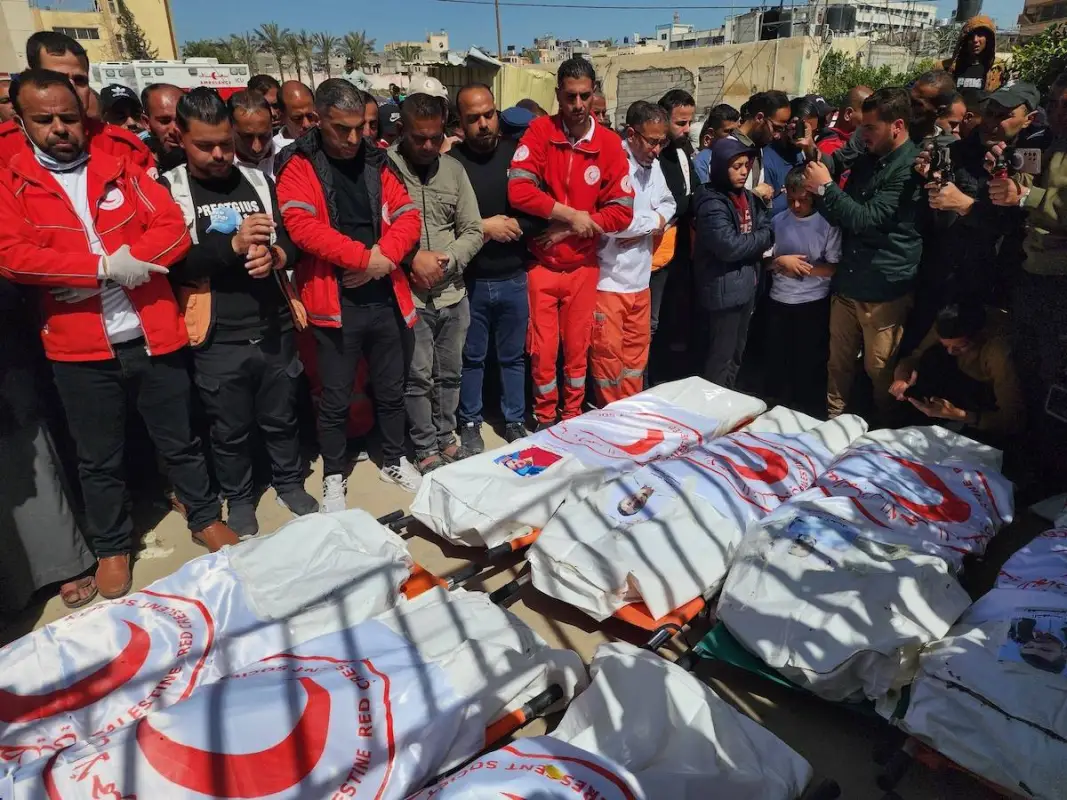As the conflict in Gaza continues to escalate, the region finds itself engulfed in a cycle of unrelenting violence that has profound humanitarian implications. The Israeli military’s ongoing operations in the territory have intensified, resulting in significant casualties and widespread destruction. Reports indicate that thousands of civilians have been affected, with many families losing their homes, loved ones, and access to basic necessities.
The United Nations has repeatedly expressed concern over the situation, emphasizing the urgent need for humanitarian assistance and calling for immediate measures to protect civilians.
The Israeli government justifies its actions as necessary for national security, asserting that they aim to eliminate threats posed by militant groups operating within Gaza. However, critics argue that the scale of the response is disproportionate and raises serious questions about accountability. Human rights organizations have documented numerous instances of alleged violations, including attacks on civilian infrastructure and restrictions on access to essential medical care.
“The plight of the people in Gaza is dire,” stated a representative from Amnesty International, emphasizing that the ongoing violence has created a humanitarian crisis that warrants global attention.
In the face of this turmoil, the population of Gaza endures immense hardships, with many individuals struggling to find food, water, and medical supplies. Schools and hospitals have been damaged or destroyed, further exacerbating the challenges faced by the civilian population, particularly children and the elderly.
A local humanitarian worker described the situation as “a nightmare,” noting that the community is in desperate need of support and relief efforts. As families attempt to navigate daily life amidst the chaos, the psychological toll of the conflict is also becoming increasingly apparent, with many individuals grappling with trauma and anxiety.
International reactions to the violence have been mixed, with some countries calling for restraint and others expressing unwavering support for Israel’s right to defend itself. Diplomatic efforts to mediate a ceasefire have been hampered by political divisions and a lack of consensus among key stakeholders.
As the cycle of violence continues, the prospect for lasting peace appears elusive, leaving many to wonder about the future of the region and the lives of those caught in the crossfire. The humanitarian crisis in Gaza serves as a stark reminder of the urgent need for a resolution that prioritizes the protection of civilians and addresses the underlying issues fueling the conflict.














